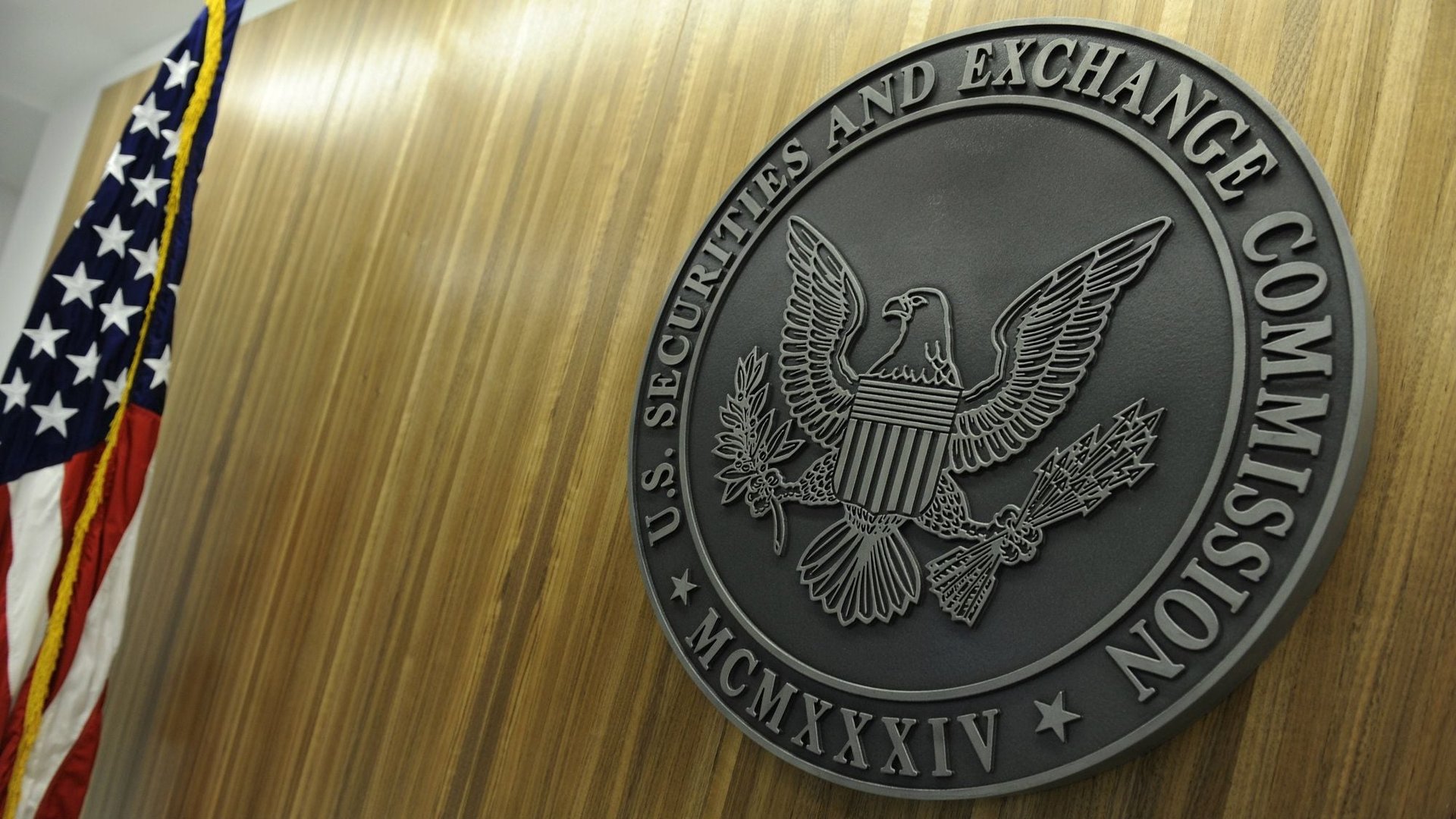Uh-oh, Brex Cash accounts are insured just like Robinhood’s
One of Silicon Valley’s hotshot companies could soon face questions from an important financial group.


One of Silicon Valley’s hotshot companies could soon face questions from an important financial group.
Brex, a company that provides credit cards to startups, announced a new product yesterday (Oct. 2): Brex Cash. The company describes it as a cash management account for businesses, offering a 1.6% yield and protection by the Securities Investor Protection Corporation (SIPC).
Essentially, Brex hopes to invest customers’ money in US Treasuries and low-risk commercial paper. Then, when a customer needs cash (for example to pay employees or vendors), Brex would sell shares in those securities, forwarding the requisite amount to intended recipients. Customers would keep a portion of the interest paid on their investments, less the operating expenses and distribution fees payable to Brex Treasury, LLC. The company has not publicly disclosed the 12b-1 fees (aka marketing dues) it would collect.
At face value, Brex Cash sounds like a combo brokerage-checking account. “Every single dollar that goes into Brex Cash has the purpose of buying securities, which are money market funds,” Henrique Dubugras, co-founder of Brex, told Quartz. “When you have cash sitting there, with the intent of purchasing securities, that is covered up to $250,000.” He’s right.
The potential problem is that the SIPC doesn’t protect checking accounts. The non-profit, membership corporation (which is overseen by the US Securities and Exchange Commission) is designed to protect investors if a brokerage firm collapses. It covers up to $500,000 in securities, including a $250,000 limit on cash.
If Brex sells securities on behalf of customers, then it would custody cash that is no longer intended to be invested in securities. The cash would be intended for, well, somebody else (employees, vendors, etc). It appears SIPC may not protect cash whose purpose has changed from investment to payments. If at that stage, deposits were mismanaged or commingled by Brex, customers could be out of luck.
Other cash management accounts, like those at Fidelity, utilize either FDIC or SIPC insurance.
“SIPC protects cash that is deposited with a brokerage firm for one limited purpose… the purpose of purchasing securities,” SIPC president and CEO Stephen Harbeck told Quartz in December. “Cash deposited for other reasons would not be protected. SIPC does not protect checking and savings accounts since the money has not been deposited for a protected purpose.”
Robinhood walked back plans for checking accounts paying 3% interest after it turned out the SIPC would not cover those accounts. Brex’s situation is more nuanced (since it’s actually investing in securities as a broker-dealer), but ultimately the dual functions might invalidate its supposed SIPC protection.
Dubugras told Quartz the company spoke with the SIPC through the Financial Industry Regulatory Authority (Finra), a self-regulatory organization. However, SIPC said it was not informed of Brex’s intent to launch Brex Cash prior to the announcement yesterday.
Today (Oct. 3), the SIPC told Quartz: “Only customer accounts held at Brex Treasury would be eligible for SIPC protection. Cash in those accounts would be protected so long as the cash is on deposit at the brokerage for investment purposes.” (Still, no mention of checking.)
When asked what Brex Cash actually is, Dubugras said, “We can call it whatever we want. I would just call it Brex Cash. We don’t need to say, ‘It’s an investment account or brokerage account or checking account or savings account.'” Hopefully, for Brex, the SIPC sees it the same way.
Brex Treasury LLC is an SIPC member and a broker-dealer registered with the US Securities and Exchange Commission.
John Detrixhe contributed reporting to this article.
This story was updated to clarify that the money Brex receives from the sale of securities is used for payments, not checking. Also, Fidelity’s cash management accounts may utilize FDIC or SIPC insurance.